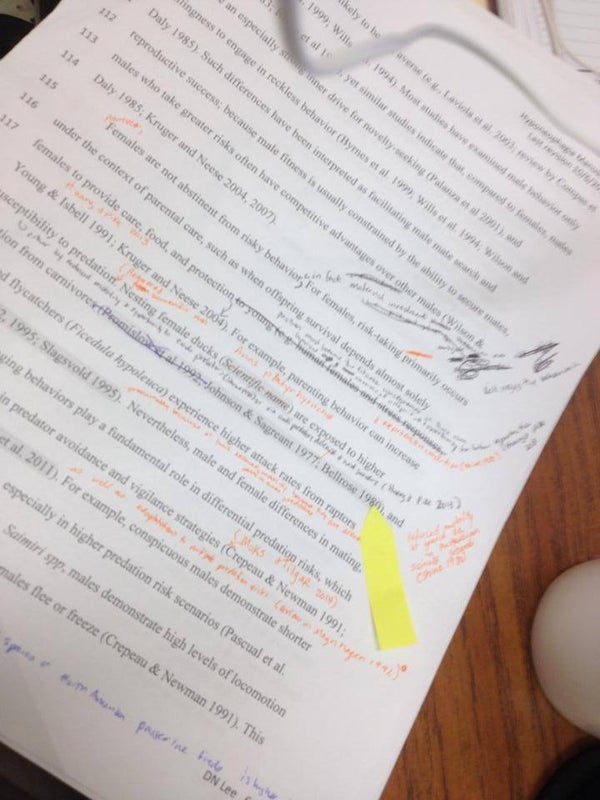This article was published in Scientific American’s former blog network and reflects the views of the author, not necessarily those of Scientific American
Trayvon Martin
Eric Garner
Rekia Boyd
On supporting science journalism
If you're enjoying this article, consider supporting our award-winning journalism by subscribing. By purchasing a subscription you are helping to ensure the future of impactful stories about the discoveries and ideas shaping our world today.
Sandra Bland
Charleston 9
Tamir Rice
John Crawford
Alton Sterling
Philando Castile
The alarming deaths of these people who were minding their business. These tragedies hurt. They hurt in a way that is very real and personal and unhealing. And when I interact with other scientists, namely Black and Indigenous Scientists, the deep pain is shared...and the silence of our colleagues and institutions is deafening. To be honest, I'm not sure I want to actually engage someone (i.e. talk/teaching/comfort) in why these issues impact us. I'm not sure if I'm expecting comfort from them or not.
But it would be nice to know that we can safely grieve and feel and acknowledge how these tragedies touch us...and not be judged as being wasteful or distracted. Strange, because we actually are distracted. Trauma and grief and worry have a way of doing that. But in very competitive academic or industry science cultures, distracted is often a demerit. It's frustrating being demerited for being human and vulnerable. I'm too traumatized to science right now.
I realize some peers are perplexed when I get down when these tragedies happen.
How on earth do I see myself in "those peoples shoes"?
Listen, having degrees, working at an Ivy League university or speaking well aren't transcending achievements.My blackness or hoodness aren't negative things I have had to overcome. There is nothing wrong with me being Black, from South Memphis, from a working class family or neighborhood.
Yes, I am familiar with the unfortunate realities of southern poverty and inner city crime. But I'm not ashamed of my proximity to these places or these people or those kind of people. Whether they are perfect citizens or not. I know them. I get them. They are personally familiar to me. I am these/those people.
The deaths of Alton Sterling, Tamir Rice, Sandra Bland, Eric Garner hurt me so because I know all too well that it was only chance that it wasn't me or a relations whose name isn't the latest hashtag.
Perhaps Alton Sterling/Eric Garner/Sandra Bland/Tamir Rice/ et al deaths don't hurt as much for some people because they feel a wave a relief knowing how distal they are to these police murder victims. That sigh of relief you feel births my fear, my trauma.
Same root. Very different responses.
Respectability won't save me. It didn't save Philando Castille. If you truly believe you are shielded from this type of violence because of your zip code or status or "respectability", then you're complicit in the violence against me/my community and you have so much to learn.
Stop Policing Us!
Stop Killing Us!
If you're wondering what you can do, then here are some places to start.
Yes, Black America Fears the Police. Here’s Why.
Police Shootings Won't Stop Unless We Also Stop Shaking Down Black People
Advice for White Folks in the Wake of the Police Murder of a Black Person
In the meantime, I'm ready to call in Black to work for the rest of the week.
